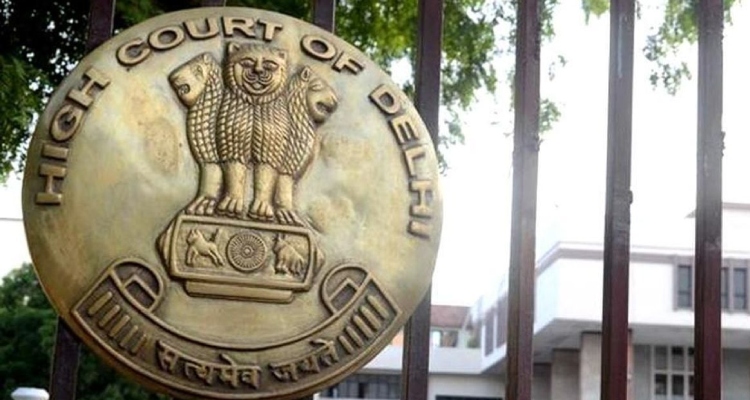
The Delhi High Court has requested responses from the Delhi government and the National Investigation Agency regarding a petition filed by an accused in a terror funding case, challenging a circular that restricts prisoners from using e-mulakat and telephone facilities without a no-objection certificate from the investigating agency.
The e-mulakat service, which allows for audio and video communication, is an extension of the existing inmate phone call facility. The circular, issued by prison authorities in April, applies to prisoners under Rule 631 of the Delhi Prison Rules. This rule covers individuals charged with offenses against the State, terrorism, and other severe crimes under various laws, including the Maharashtra Control of Organized Crime Act, the National Security Act, and the Public Safety Act.
Justice Sanjeev Narula issued notices to the Delhi government and the NIA following a petition by Masasasong AO, who is seeking to overturn the circular and restore his access to e-mulakat and telephone services.
Advocate M S Khan, representing Masasasong, argued that his client, who has been in Tihar jail since February 2020, was previously allowed to make five-minute phone calls daily to his minor children. He emphasized that Masasasong’s elderly parents, who are in poor health, rely on these communication facilities to stay connected with him, making their withdrawal a significant concern.
The petition argues that the discontinuation of these facilities violates the Delhi Prison Rules, 2018, and that the authorities have not provided any justification for this decision. “Discontinuation of the communication facilities provided to the petitioner is in sheer contravention of not only the provisions of Delhi Prison Rules, 2018 but also the impugned circulars,” the plea states.
Moreover, the petition contends that the circular infringes upon the fundamental right to life and personal liberty under Article 21 of the Constitution, as the ability of an undertrial to communicate with family and legal counsel is a crucial component of these rights. The plea further claims that the circular discriminates against inmates without reasonable justification.
According to the jail rules, prisoners under Rule 631 are typically denied communication facilities to ensure public safety and order. However, the jail superintendent has the discretion to make exceptions on a case-by-case basis, with the approval of the Deputy Inspector General.
The circular specifies that phone calls for prisoners under Rule 631 or those in high-security wards can only be authorized after obtaining an NOC or approval from the relevant prosecuting agencies. The jail superintendent is required to provide the inmate’s contact numbers to the prosecuting agency for NOC approval.
The circular also highlights that the e-mulakat facility, being an extension of the phone call service, demands greater scrutiny to prevent security threats or misuse. An addendum to the circular clarifies that prisoners already using the e-mulakat or telephone services before April 22, 2024, can continue doing so until the necessary NOC is obtained from the investigating agencies.




